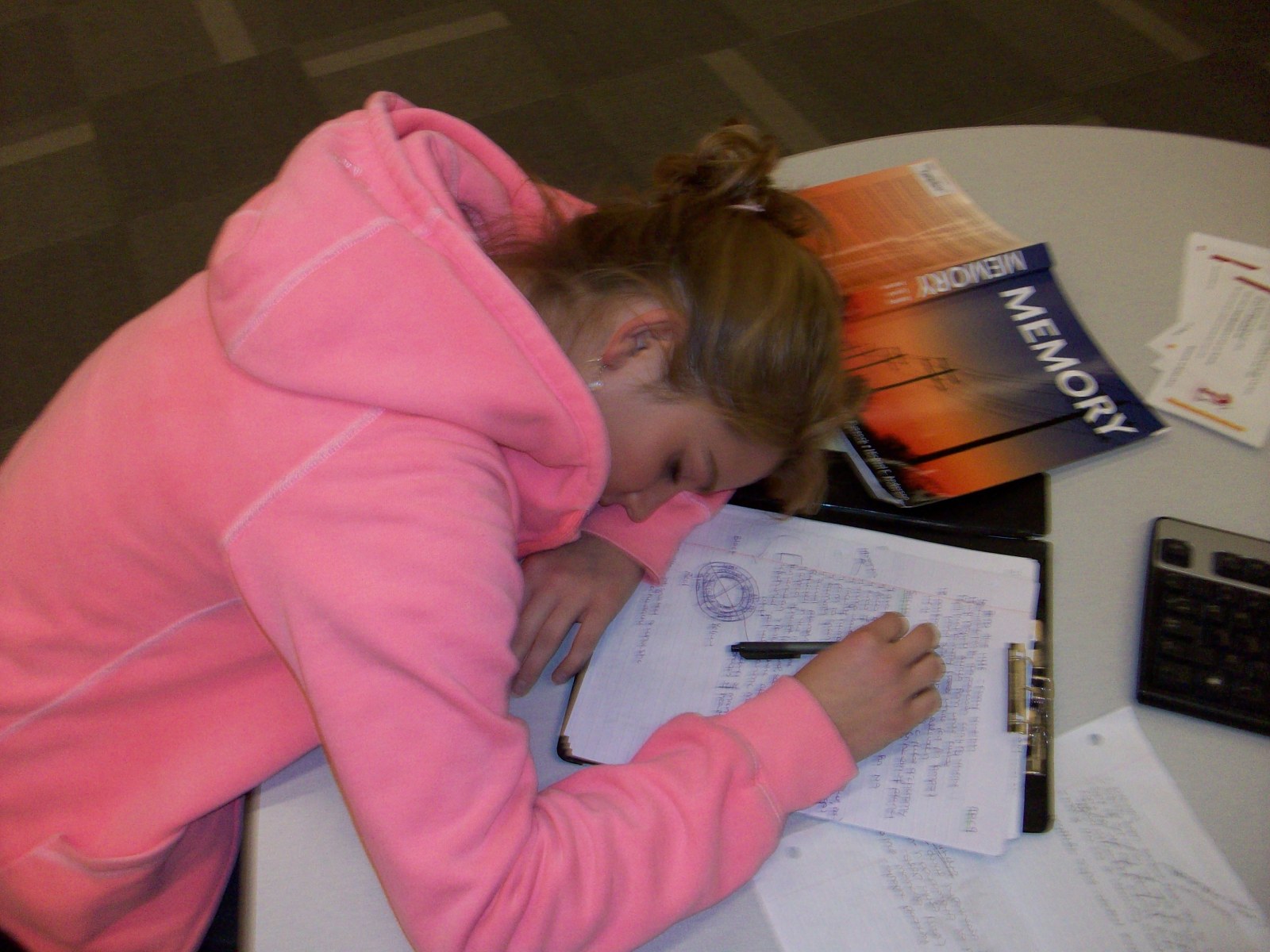Genes control maths and reading ability
Interview with
Is being brainy in your genes, or does it come from your upbringing? The true  answer lies somewhere in between. And thanks to a new study we're getting closer to teasing apart the complex relationship between nature and nurture.
answer lies somewhere in between. And thanks to a new study we're getting closer to teasing apart the complex relationship between nature and nurture.
Across the world scientists have been studying thousands of twelve-year olds to try and find genes involved in maths and language skills, and have come up with a surprising result - there's actually a substantial link between the genes involved in reading and maths, so if you're genetically gifted at one you're likely to have genes that make you good at the other.
Kat Arney asked lead researcher Professor Robert Plomin from Kings College London, whether our mental agility truly is genetic, or heritable...
Robert - People may be surprised to know but it's no longer interesting to ask that question, 'is it heritable?' because every single study over decades has shown that it is heritable. So, we're trying to go beyond heritability and one of the most interesting questions is to ask, are the same genes affecting different traits? Because you might expect something like reading is very different from math because the cognitive processes involved in doing math and reading would seem to be so different. So, you would expect that although they're both heritable, different genes would affect the two skills.
Kat - So, you've got a maths gene that means you can add, subtract, juggle numbers in your head, and a reading gene that means you can kind of focus and understand words.
Robert - Yeah, except most definitely what's come out of the molecular genetic work on DNA is it isn't one gene. We're talking about hundreds or maybe thousands of genes of very small effect. So, the question is more quantitative - to what extent are the different genes that affect reading, overlapping with the genes that affect math. The punchline is that although you might very different genes to be involved, in fact, most of the genes are the same. So the take home message is, genes make you similar in reading and math and all these cognitive abilities. The environment makes you different. So, the reason why kids are better at one thing than another is probably down to environment which is kind of a hopeful message in a way.
Kat - Going to the links between reading and maths, why do you think this might be? We do talk about numbers as words as well as actual kind of numerical concepts. Is that the same kind of process going on in the brain there, you think?
Robert - Well, in terms of cognitive processes and attempts to get at the functional MRI, the way in which you measure how the brain works through imaging, they do suggest there are different processes involved. And at a cognitive level, the sorts of thought processes we use to solve problems, I agree you use words to describe numbers, but it does seem to be very different cognitively. The thing is though, they all use the brain. Although we think of the brain, in neuroscience, very often as modular, this bit of the brain does that and this bit of the brain does that. From an evolutionary perspective, you might really expect that the brain is a general problem solver and it solves problem in reading, it solves problems in math and spatial abilities. So, to a large extent, the general problem solving ability of the brain comes into play even in processes as different apparently as reading and math. So, that's what I think is involved.
Kat - So, knowing with these things that you found, the information you've got that reading and math abilities seem to be linked, what next?
Robert - Well, we're going to continue trying to find the genes. There's a lot that's still happening. But I think just at the level we're at now, if there are any parents who still think children are a blob of clay that you just mould to be what you want them to be, tabula rasa - the blank slate, they might pay attention to these data and realise that kids aren't just moulded to be what you want them to be. Maybe as parents and teachers, we need to recognise that children differ even very early in life, and maybe respect those differences to a greater extent.
It doesn't mean if it's genetic, you can't do anything about it. If you have a child who's reading disabled, it doesn't mean you can't help them to read. It's just going to take a lot more work than some children who just almost naturally start reading. So, you got to roll up your sleeves and say it's going to take more work. It's not the fault of the schools or the teachers, or the parents, or that the child is lazy. Some children just find it much more difficult to learn than others. And these new data suggest it's kind of a general thing. It isn't just they have problems with one thing. If they have problems with one thing, on the average, they're likely to have some problems with most things. So, that means you have to pay attention to that and not just blame schools, teachers, and parents, which is what we tend to do.










Comments
Add a comment